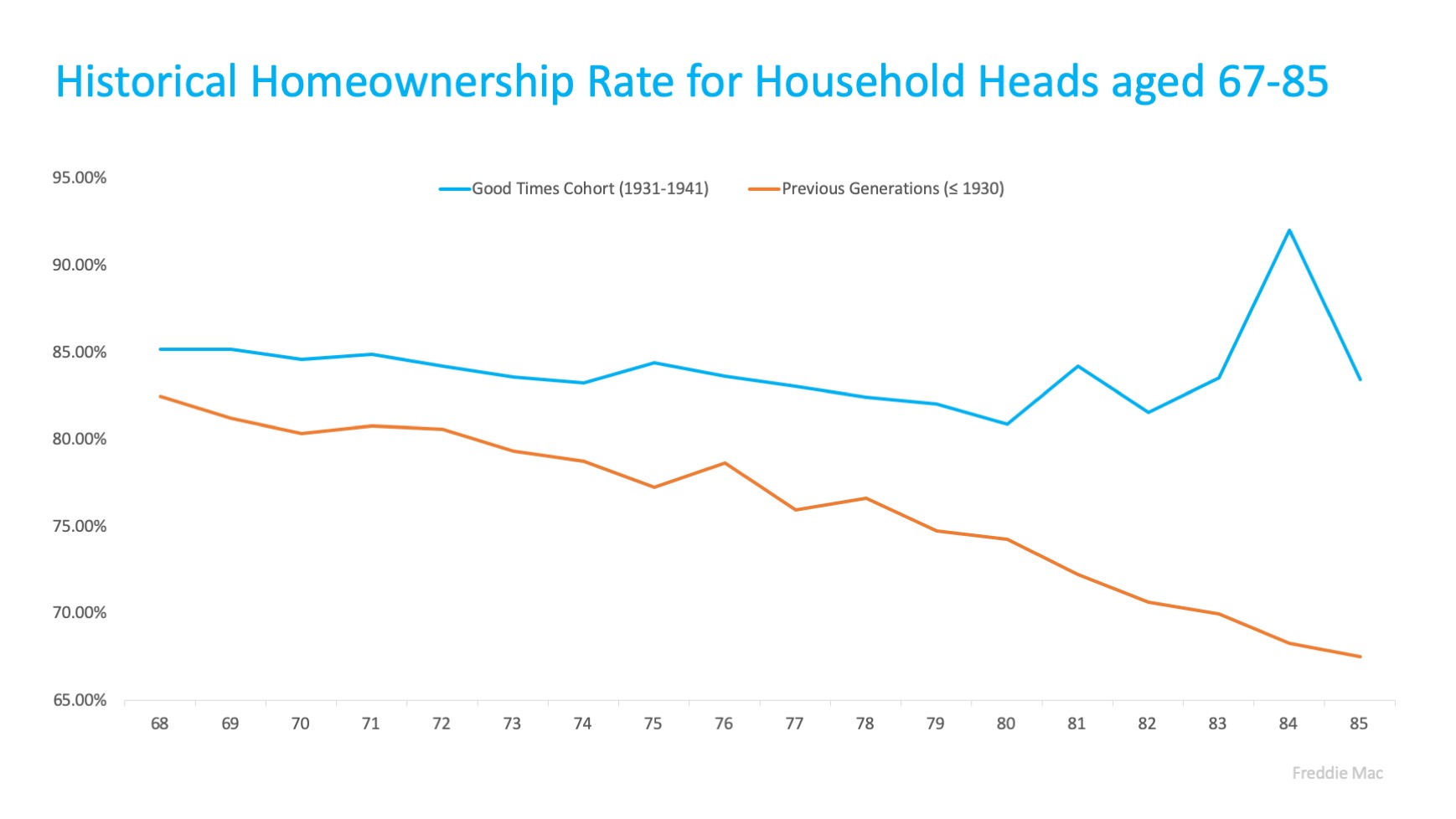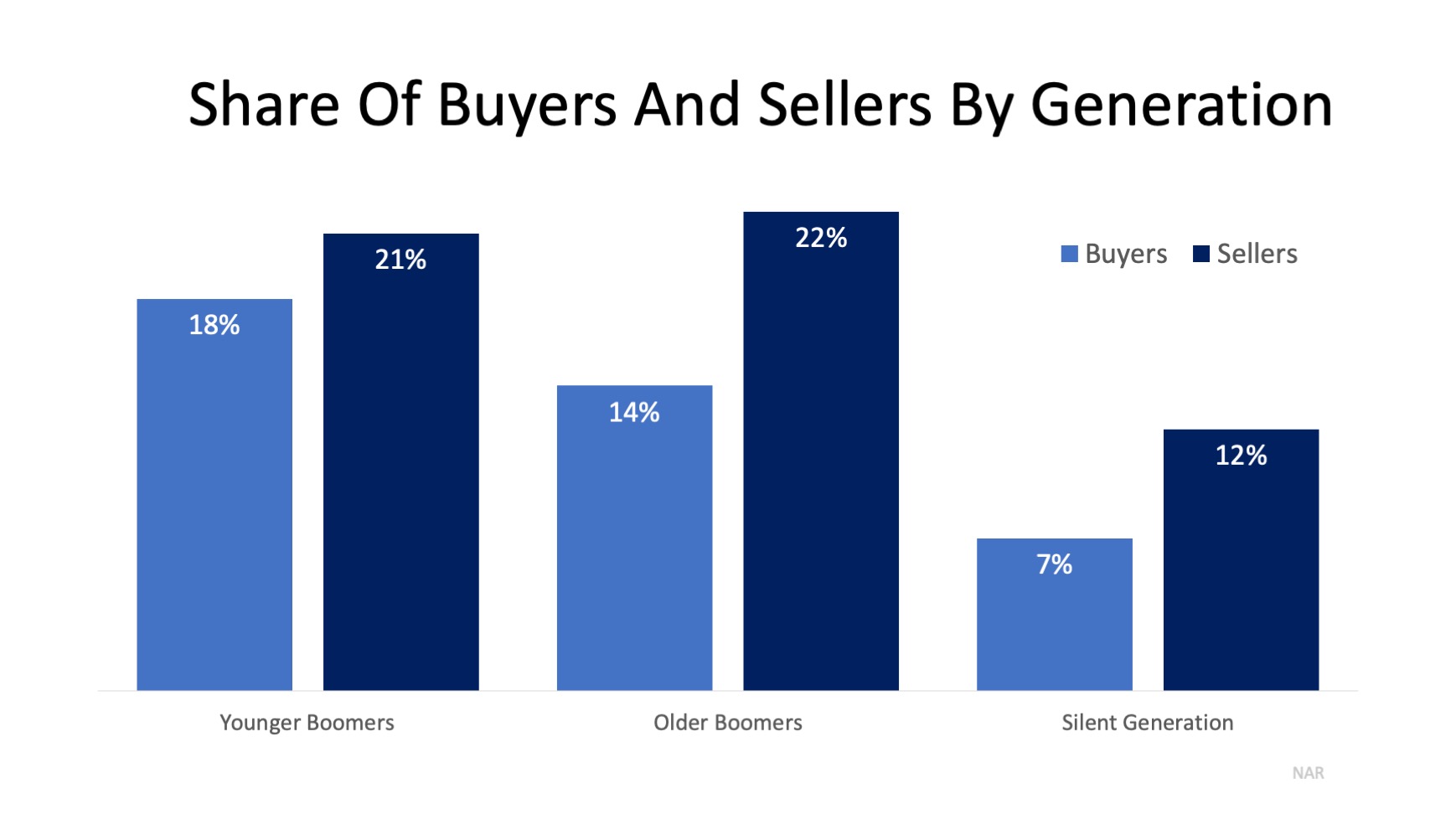5 Easy Steps to Avoid Overwhelm from Media Overload

When someone is thinking about buying or selling a home, they want to be well-informed. They want to make the right decision for themselves and their family. They scour the internet for any information they can find about the housing market.
Today, there is an abundance of information available. It is often conflicting news. It can easily lead to confusion and concern, perhaps even causing a potential buyer or seller to cancel their plans to move altogether. Instead, the best things to do are sit down and take a deep breath.
In a recent article, Jeff Davidson, a recognized speaker on the subject of productivity, explained:
“The pace at which new information arrives will accelerate every day…Too often, the reflex to take action only exacerbates your time-pressure problems. Do not bite off more than you can chew, and acknowledge that often, the wisest response to too much competition for your time and attention is to simply slow down to assess the best way to proceed.”
To that point, here is an easy five-step process to follow if all of this information seems overwhelming:
- Calm Down - Don’t let the confusion lead to concern or panic.
- Slow Down - As Davidson suggests, just “slow down to assess.”
- Think - Remember the reasons you wanted to move in the first place. Are they still important?
- Plan - Determine whether or not the new information should change anything. If you need further clarification on some points, reach out to a real estate professional in your area for a better understanding.
- Act - After thorough consideration, feel good about your decision, whether you decide to move or not.
Bottom Line
Don’t let the plethora of seemingly conflicting information on the housing market stop you from moving forward with your life. Let's get together to ensure you get the valuable counsel you need so you can make the right decision for you and your family.


